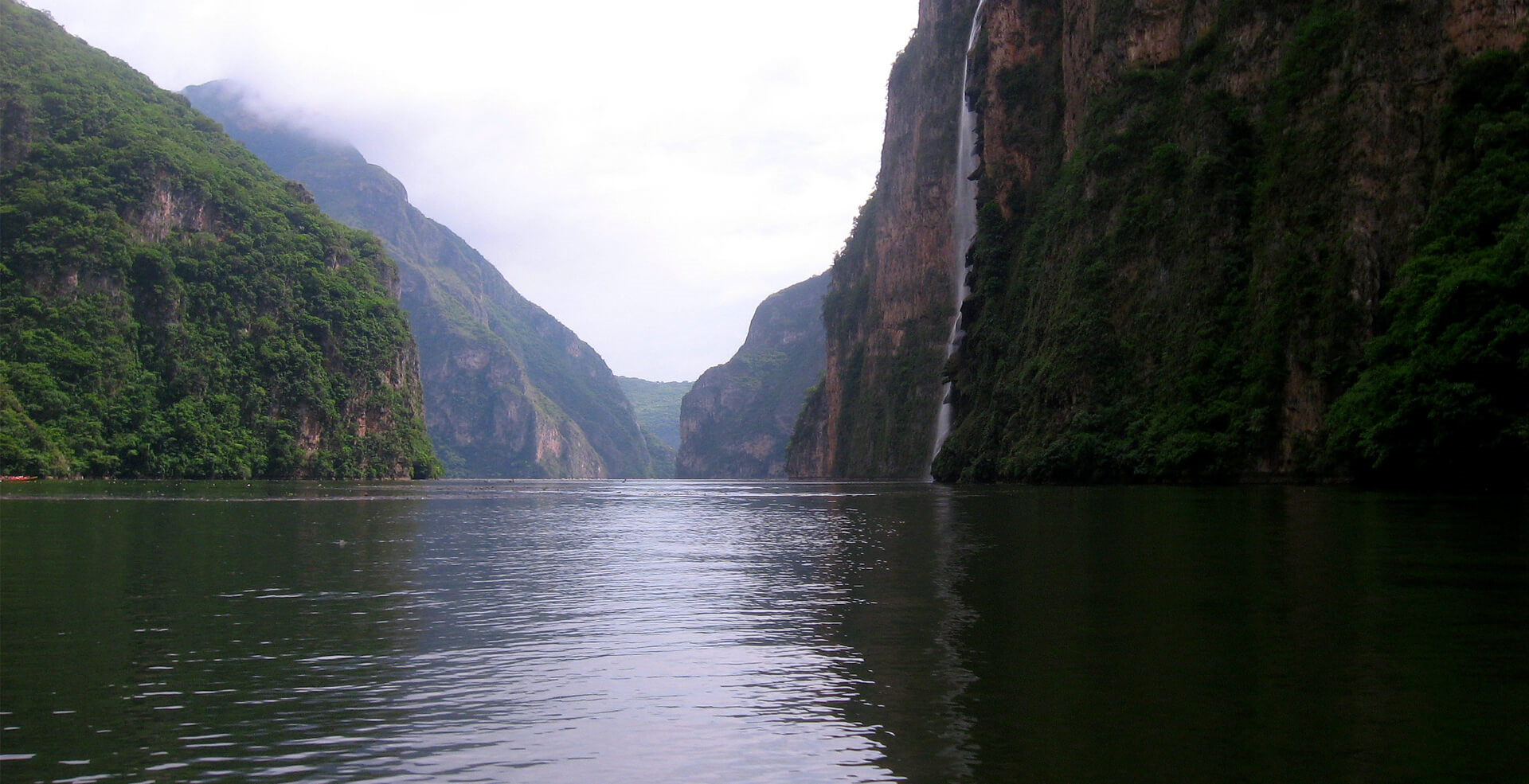Second Source: Guatemala and the United Fruit Company: Office of the Historian – United States Department of State. “Foreign Relations of the United States, 1952-1954, Guatemala.” September 11, 1953.
This public document, redacted by the United States Department of State in 1953, outlines in great detail the sentiment towards Guatemala and the Arbenz government taken by the United States government right before it covertly invaded Guatemala in 1954. This is notably voiced right at the start of the memorandum, as it pins to Arbenz and his government the labels of “anti-US” and “Communist” (twice in the case of the latter). Similar to the Nicaraguan case 26 years earlier, the U.S. government tries to justify the invasion of Guatemala through moral and political motives, invoking “hemispheric solidarity”, “security” and Cold War-esque tropes throughout the text. In total, the word “communist” or “Communism” is invoked 20 times. Guatemala is, additionally, referred to as a “primitive country”. Besides the political rhetoric, of particular interest is the detailed plan of action and budget proposed within the memorandum, which outlines the different tactics which would be used by the CIA to deal with the Guatemalan case. This includes, among others, isolation and intimidation through sending military aid to neighbouring countries, psychological warfare, para-military operations, and applying economic pressure. This memorandum is thus trying to justify a coup orchestrated and backed by the CIA in Guatemala to topple the current Arbenz government.
This text will be of particular use to the video project in that it will allow us to contend that Guatemala indicates American intervention in Latin American long before the Aguida vs. Chevron/Texaco legal case. It will also allow us to detail the political rhetoric used to justify these interventions, which, as we will see in greater detail later on with the coup in Brazil, revolves heavily around the American fight against Communism and the Soviet Union during the Cold War. We will also observe how such anti-Communist rhetoric was incited and encouraged by the American corporations who had interests in the interventions. This will be demonstrated with the case of the United Fruit Company (UFC), which took on tremendous lobbying efforts to label Arbenz’s government as a Communist. As we will see, this is primarily because Arbenz had undertaken land reforms that massively threatened the UFC’s investments and interests in the region. Finally, this specific text will be helpful to our project in that it will outline the methods and tactics used by the United States government to topple governments in Latin America. Other CIA declassified documents subsequent to the memorandum will also be referenced to put such methods in tactics in further detail.
Joseph
